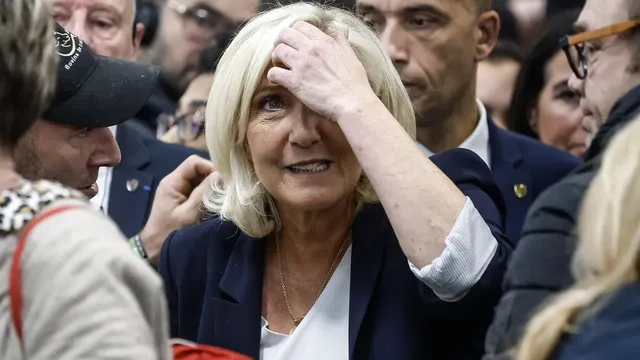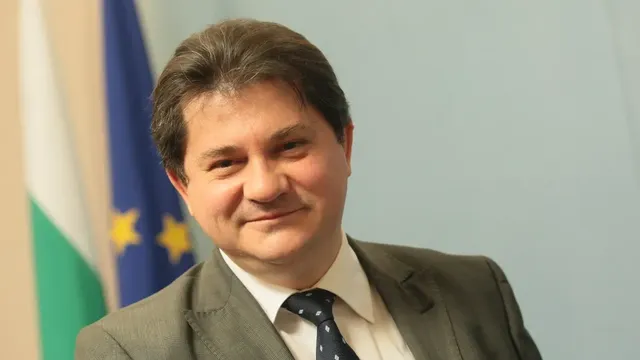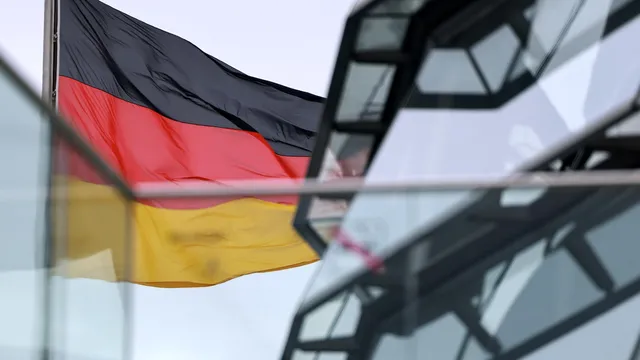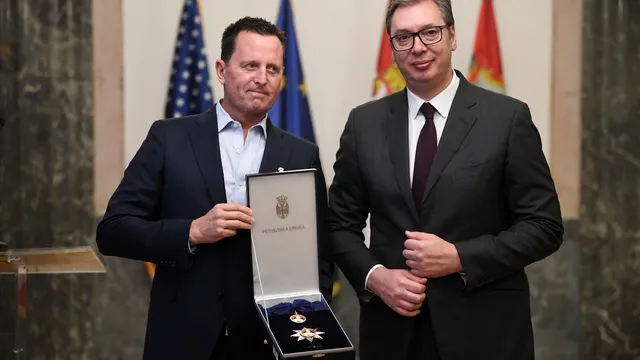Prosecution and judiciary in the last decades have shown that they turn on the sunflower principle with the arrival of each new power.
This was stated in an interview with BGNES by Macedonian journalist Vasko Popetrevski, currently editor-in-chief of "360 stepeni".
With him, we talk about the causes of the tragedy in Kochani and those before it, the vices of the system in North Macedonia and the government's stance towards European integration.
"The most common word for what is happening (in North Macedonia) is 'the system'. But what does the system mean? It represents norms, legal and moral, and the people who are supposed to respect them. Unfortunately, in the last three decades, a political system has been created in which only the parties are in charge, in practice a partocracy. Whichever party comes to power throws itself on the pie, especially in terms of personnel. We see absurd situations, and this process starts at the lowest level in state institutions. From cleaners and porters to directors, people are appointed on the basis of their party card. Of course, not all of these people are bad and incompetent, but the risk of many of them being incompetent is huge," Popetrevsky says.
The journalist reports that the administration is overloaded. There are inspectorates that do not have inspectors. Prosecution and judiciary in the last decades have shown that they turn on the principle of the sunflower with the coming of each new power.
"Clearly our problems as a society are serious. Now we are again hearing questions about whether the time has finally come for a reset (restart), to stop using personal connections, to stop ringing the phone when we need to do some work and standing in queues at counters in institutions, to strive for equality before the law. But I doubt that will happen, even though 59 lives were lost in this tragedy," the journalist added.
Vasko Popetrevski explained that governments that have come to power at the height of waves of discontent have become the opposite of public expectation.
"Over the past years, many of the people who were supposed to bring quality change to this society have sadly gone and I'm afraid that few are left here with the energy and the desire for things to really change, and change they must. You see what is happening. We all have children. Tomorrow they will go to a café or a disco. Should we be afraid if they come back alive and well?" he asked.
In response to a question from BGNES whether there are attempts to crush the protests in their bud, Popetrevsky said: "We have a relatively new government that is in its tenth month in office and won the last elections very convincingly, and the opposition is very weak. There have been clear attempts to suppress civil discontent. We see that there have been attempts at protests. The government qualifies and labels them as non-civil, and opposition. Yes, some of these people probably have links with people in the opposition, but I personally think this is a youth movement, a civil movement. Over the past period they have been trying to discredit them and somehow discourage people from going to protests."
Popetrevski expressed his belief that there is no alternative to the European Union for North Macedonia. He also commented on the refusal of the government of Christian Mitkoski to implement the constitutional changes.
"There are no signs that the cabinet will change this position. They came to power to a certain extent with the criticism of the July 2022 agreement (the "French proposal"). First they claimed that they had no one to dialogue with in Sofia because of caretaker governments. They waited for the formation of a regular Bulgarian government that defended the same positions. Bulgaria insists on the agreements of 2022. There is talk of some kind of quiet and invisible diplomacy, but I do not know if it actually exists and what the results of it could be," he continued.
Popetrevski pointed out that the country has already entered into an election campaign ahead of the local vote to be held this year. He does not expect a change in Skopje's position at least until they are held.
"At the moment, there is no atmosphere in Macedonian society for new tough compromises, as the July 2022 agreement is considered to be. Will this change with time? My prediction is yes, but in the meantime we will have to go through a new cycle, and this will not happen tomorrow, it may take years," he said.
The journalist said that if Albania and Montenegro get closer to the final straight, it will put pressure on North Macedonia, given the Albanian factor in the country. | BGNES

 Breaking news
Breaking news
 Europe
Europe
 Bulgaria
Bulgaria






